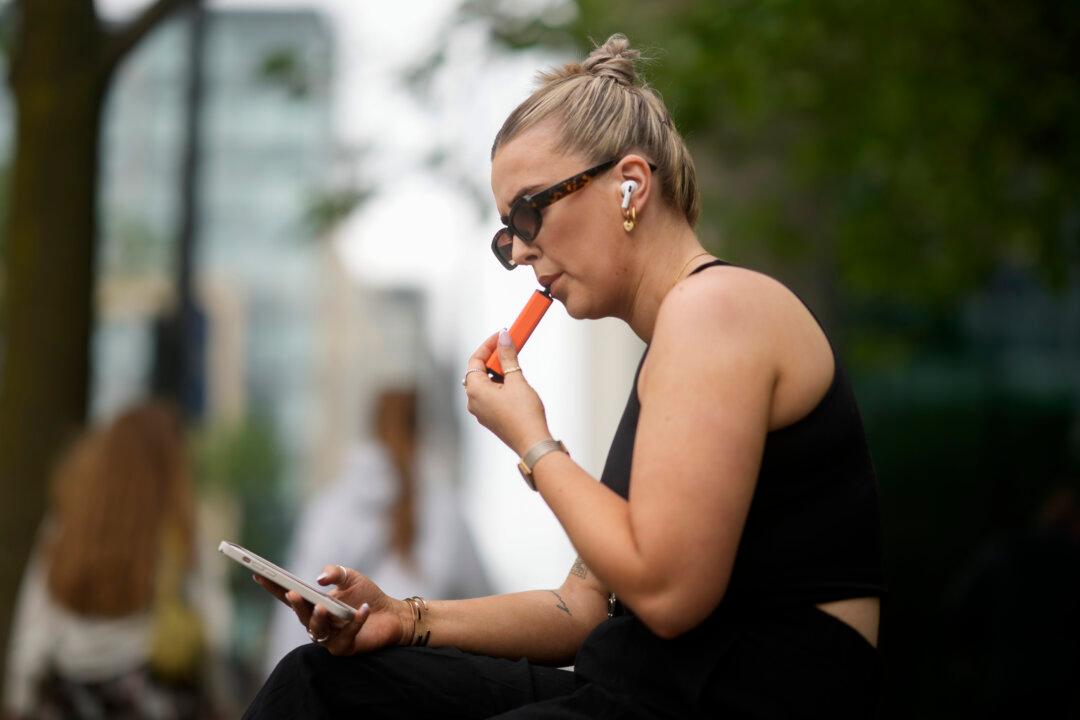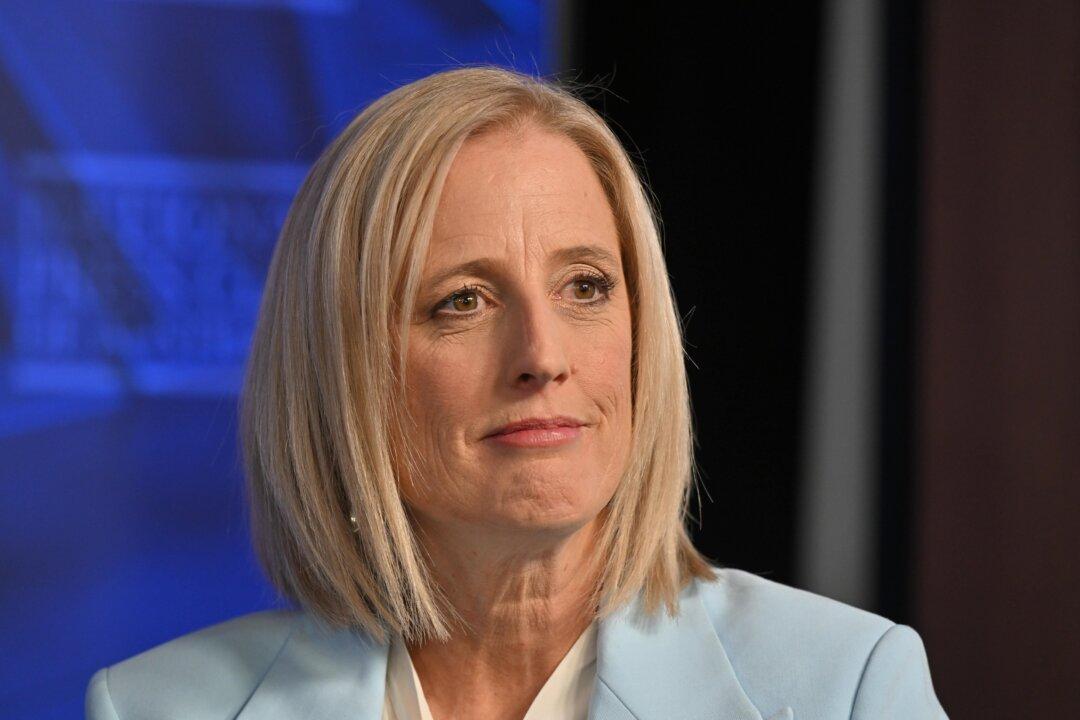Vapes will only be accessible behind the pharmacy counter as part of a new effort to curb nicotine addiction among young people.
The new regulation will permit customers to purchase vapes from chemists without a prescription, but they must first consult a pharmacist.





